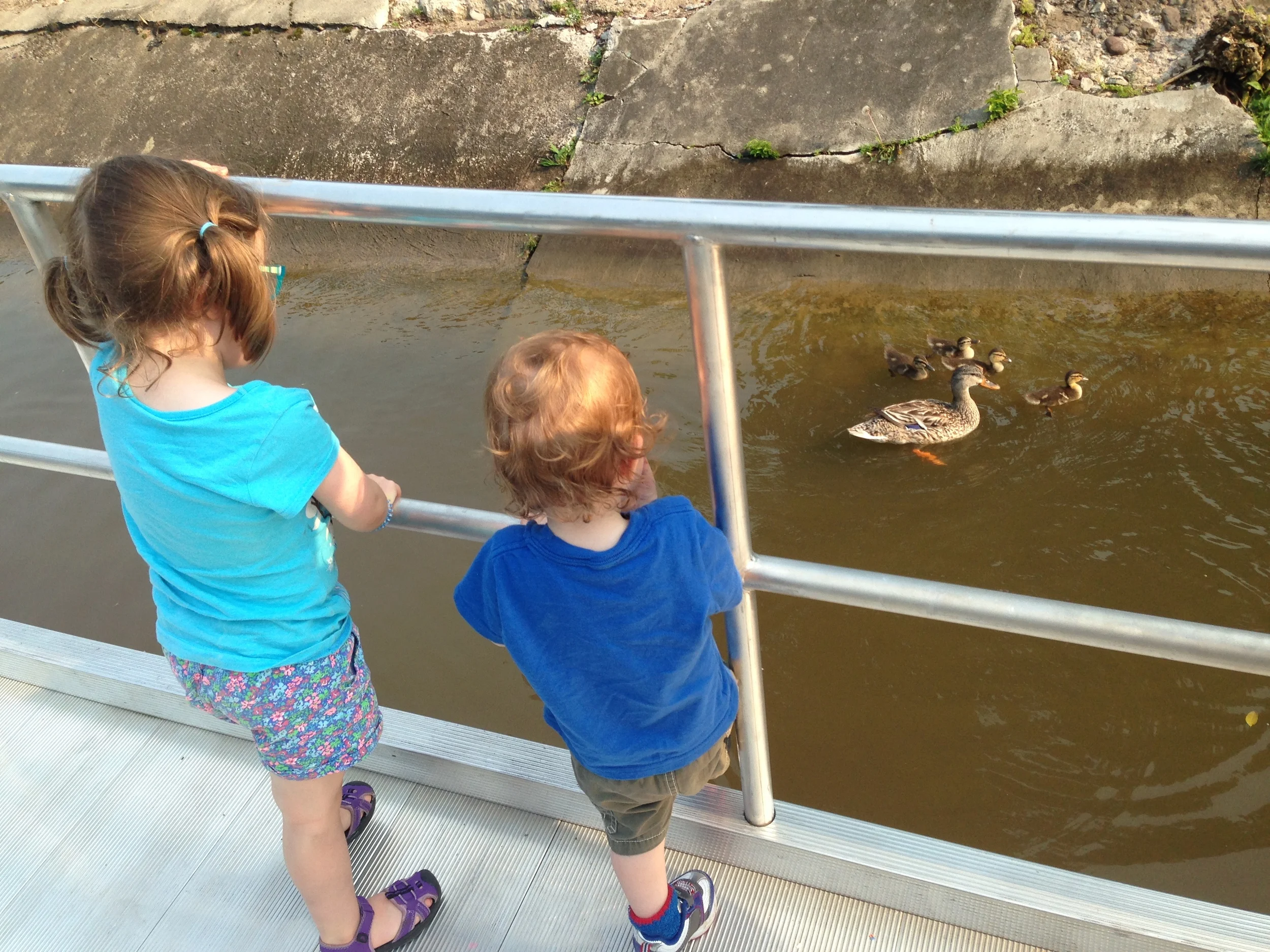My Better Half shared this article with me on November 6, 2018 (Election Day), and I want to pass it along to others while trying to touch on some of the issues and resources in this article.
I really appreciate the idea and process of supporting all persons with making informed choices and to do so in a way that respects their autonomy as humans and their rights as citizens.
The idea of a social story and anticipatory guidance feels so smart and kind for most adults who are voting for the first time. I think many young adults could benefit from this resource and, as such, I consider it a gift from this mother to have created it for her son and share it.
As I read and re-read the resources in this article, I delved deeper into the Bazelon Center site.
It’s eye-opening and mind-blowing how variable and fraught with ambiguity the law seems to be on the matter of whether individuals with disabilities and mental health concerns can vote. It reminds me, in many ways, of the bar we set before people wishing to become a US citizen.
More specifically, my work often involves talking with families about the topic of guardianship for their children as they transition from adolescence to adulthood. This article gave me cause for pause and added to my understanding about how guardianship determinations could impact a person’s ability to vote later in life or in another state if they so choose to move.
In closing, I would like to encourage folks to share this Know Your Rights resource on voting.


